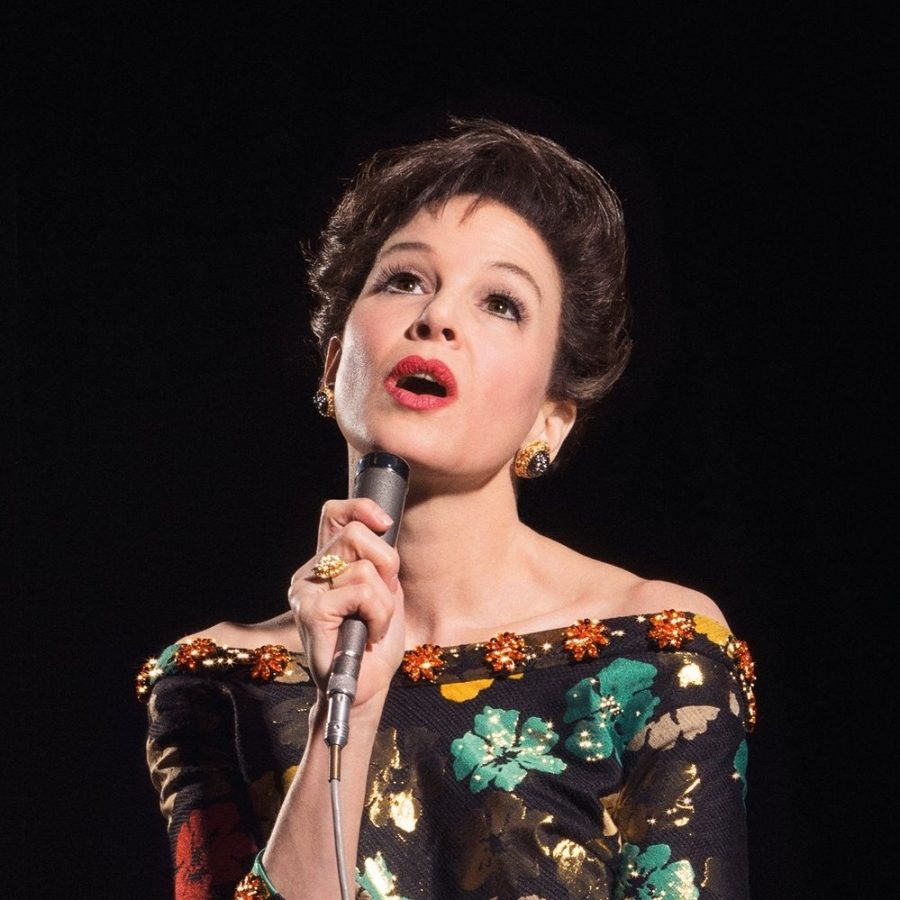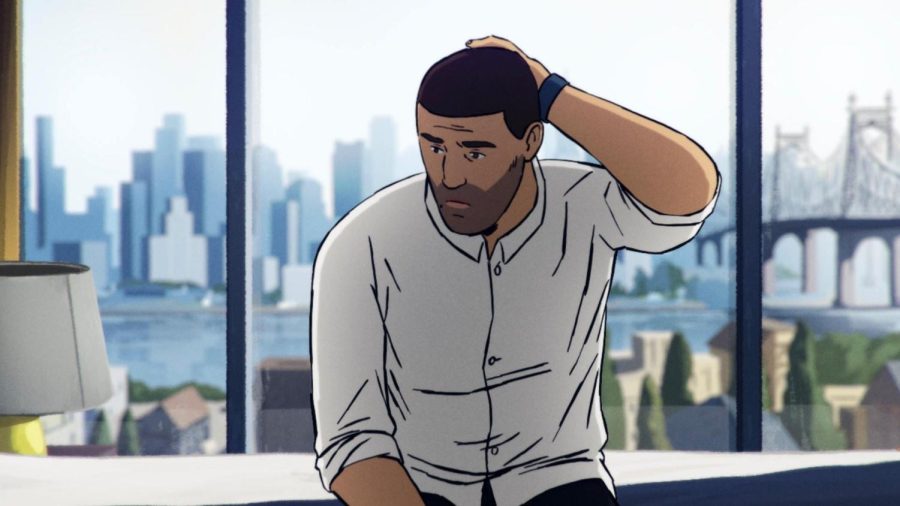Everyone knows Judy Garland. At some time in one’s life, everyone has been entertained by her. Whether it’s the young girl in the ruby slippers that’s found herself in an unknown land or a young girl in middle America figuring out love. Garland’s voice has echoed through every American’s childhood for the last century. She represents hope and innocence. But we rarely think about Garland when the cameras stop rolling. Who was the woman behind the silver screen?
“Judy” attempts to answer that question. The film follows a specific event in the last moments of the legend’s life during the winter of 1968. Out of last resort, she has decided to put on a set of concerts in London, the only city that will now book her. She is no longer Dorothy, Ester, or the beautiful young girl with the big voice. She’s 47, unreliable, unreasonable, afraid and constantly under the influence. She’s also homeless and in the middle of a custody battle with her third husband, Sidney Luft. But she’s still Garland, a performer at her core and she needs the money.
The beating heart of the film lies in Garland herself and the actress who portrays her: Renée Zellweger. A legend in her own right, Zellweger transforms into the late star by perfectly articulating her desires and needs. Through Zellweger, the audience sees Garland through a completely new lens. She’s mastered her mannerisms, twitches and posture. Physically, Zellweger is unrecognizable due to the wig, prosthetic nose and colored eye contacts donned by the 50-year-old Texas native. But Zellweger is a physical actor, and it is in the film’s silent moments when she totally embodies Garland. It’s when she stands on stage holding her microphone wire for dear life or stands on a London street in the middle of the night. This is when the audience truly realizes that Garland, the world’s sweetheart, is alone and relying a facade to make others happy. She desperate for strangers’ approval and simply cannot see the effect that she’s had on the world. Zellweger perfectly celebrates Garland and becomes a vessel for her mercurial energy. It is a performance that deserves accolades for years to come, and it reminds the world of Zellweger’s impeccable talent and passion for her craft.
Zellweger’s performance, however, is trapped in a weak body of a film. For some reason, the film never coheres. It neither deep dives into Garland’s psyche nor pulls the curtain to reveal what was behind the glitz and glam of the 60s. Director Rupert Goold can’t help himself from including flashbacks of Garland during rehearsals and production of “The Wizard of Oz” which for the most part are unnecessary. Does Goold want to tell story of a tragic dying starlet, or mirror the most successful part of her life to her lowest low? Perhaps he wants to show what the 30s movie machine did to a loveless child. The film’s biggest failure might be his refusal to commit to Garland’s story. Goold focuses too much on the performance aspect of Garland since the major point of conflict is getting her onstage. That is not why the audience came to the theater. They don’t want Garland the performer; they know her already. They want Garland the person. But instead, Goold never gets too close to Garland. As soon as the film relaxes and starts to peel back the layers, it backs up again or incorporates a flashback.
The film comes alive as soon as Garland opens her mouth on stage. When she performs, she delivers. This is another tip of the hat to Zellweger, who is singing and dancing live on-stage. The audience knew she could sing, but it’s been 17 years since Zellweger’s tour de force in 2002’s “Chicago.” Everything and nothing has changed. Zellweger can still sing, but her entire voice is different as she perfectly channels Garland. Goold knows what songs the audience loves. It is here where the film is solid and leaves the audience smiling from ear to ear.
“Judy” ends with a line from “The Wizard of Oz” ¾“A heart is not judged by how much you love; but by how much you are loved by others,” which perfectly wraps Garland up. One can say she lived an incredibly tragic life and never got the happy ending she deserved. But she also caused a tectonic shift in popular culture that we still can’t stop talking about her, 50 years after her death. For some reason, the audience feels protective over Garland, which only helps the film. The audience members see themselves in the characters who beg Garland to take better care of herself and the characters who tell her how much she means to them. Even in the midst of addiction and debt, Garland changed the world for the better and was loved by all. When she stares at the audience and says, “you won’t forget me, will you? Promise me you won’t,” You can’t help but mumble, “I promise.”
Lauren LaMagna is the Arts Editor and can be reached at [email protected].

















